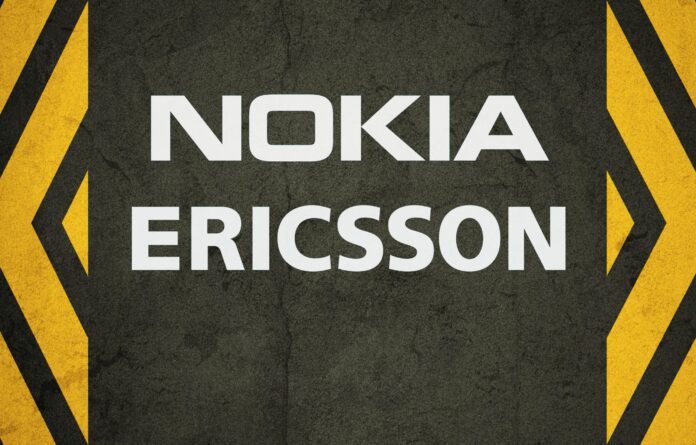Nokia added 45 new customers for its private networks products in the fourth quarter of 2022, outrunning its third-quarter total (30 new customers) by 50 percent, and taking its total customer count beyond the 560 mark, the company said. It had closed the third quarter of last year with 515 ‘large customers’ for private networks. The message from the Finnish firm is that, again, private LTE and 5G are making its developing enterprise division a notable growth engine for its wider business. Rival Ericsson also claimed a strong performance from its enterprise division, without putting numbers against it.
Nokia’s net enterprise sales, adjusted for currency fluctuations, were up 49 percent (to €769 million) and 21 percent (topping €2 billion) respectively in the three months and 12 months to the end of December, compared with the year-ago periods; they were 55 percent and 27 percent higher on a reported basis. Nokia said it “continued to execute” on a “strong order book”. It added 97 new enterprise customers in the quarter, including its 45 for private networks. It said enterprise sales to “webscale customers” doubled in the period.
By contrast, broader net sales grew 11 percent and six percent on quarterly and annual trading periods a year ago (to €7.449 billion and €24.911 billion; 16 percent and 12 percent on reported numbers). It claimed to have delivered a “year of acceleration” with infrastructure sales rising 14 percent in the quarter. Optical (21 percent) and IP network sales (11 percent) were strong, it said. Mobile network sales were three percent higher. Nokia’s operating margin was 12.5 percent, which it rated as “comparably stable” and a “good result considering one-off benefits” in 2021.
Nokia’s enterprise unit contributed 10.3 percent of its total revenues in the final quarter, and eight percent across the entire year. Meanwhile, Swedish vendor Ericsson, which has just done-away with its loss-making IoT business, said during its annual financial review last week that enterprise sales accounted for six percent of its total revenues in 2022, and eight percent in the final quarter. It said adjusted enterprise sales were up 15 percent and 16 percent on the year-ago quarter and full-year periods (to SEK 6.6 billion / €590 million and SEK 15.4 billion / €1.38 billion).
It said sales growth for its enterprise division was “driven primarily by business area enterprise wireless solutions” – private networks, by any other name. Ericsson has not commented on how many customers, or “large customers”, it has for private networks. Nokia has more, the consensus goes. But Ericsson is also building a head of steam; it revealed private LTE and 5G sales represented 13.6 percent (SEK 0.9 billion of SEK 6.6 billion) and 17.5 percent (SEK 2.7 billion of SEK 15.4 billion) of total enterprise sales in the quarter and year, but that 33 percent of its revenue from private network sales came in the final quarter (SEK 0.9 billion of SEK 2.7 billion).
Ericsson also acknowledged its margin has been hit, short term, by its investment in its go-to-market activity around private LTE and 5G. It stated: “Ericsson is driving business transformation through seamless secure network solutions addressing the multi-billion dollar opportunity of enterprise 5G.” The company’s overall net sales were up year-on-year by one percent and three percent, to SEK 86 billion and SEK 271 billion (€7.7 billion and €24.26 billion) respectively – almost a mirror image of Nokia’s top-line revenue results.
Nokia, it might be noted, included a further note about “industrial digitalization” in its financial statement, citing a survey by UK-based consultancy Global Data about the impact of private wireless on enterprises. It stated: “More than half of the survey respondents have seen cost reductions since introducing the technology and over 79 percent have seen or would expect to see an ROI within six months. Eighty-two percent of the companies… stated that the most important or one of the most important factors in their strategy and decision-making processes is sustainability. Cybersecurity and business efficiency are key transformation drivers for early adopters of private wireless.”

